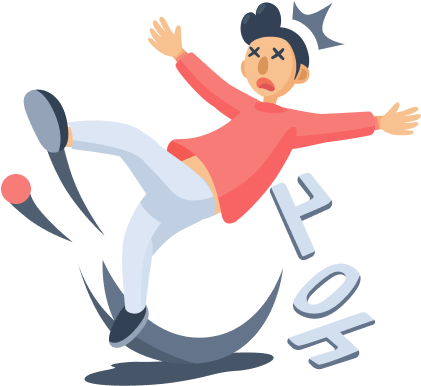404 Page Not found


We're sorry, but we cannot find that page.


Copyright © 2025 custom crafted by www.kpkreative.com.au.
We acknowledge the Traditional Custodians of the Toowoomba Region on which we live and undertake our business activities. We respectfully honour the Jagera, Giabal and Jarowair people whose song lines traverse our lands and pay our respect to Elders past, present and emerging, for they hold the knowledge, rich traditions and bold ambitions of Australia's First Peoples.
Copyright © 2025 Kylie Patchett
___MESSAGE___
___MESSAGE___